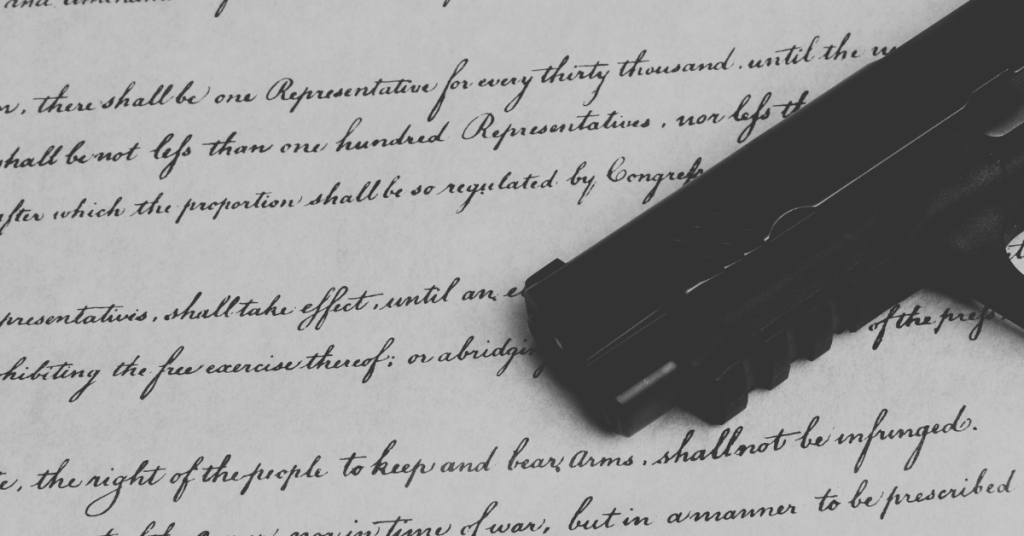If you carry concealed, consider Wednesday, December 6, 2017, a good day. The United States House of Representatives voted in favor of H.R. 38 – Concealed Carry Reciprocity Act of 2017, voting 231 to 198.
The vote went almost straight through party lines, with only 14 republicans voting nay and six democrats voting in favor of the second amendment supporting bill.
But what does H.R. 38 (and its Senate partner S. 446) do and what does it mean for those who carry concealed?
What to Know About the Concealed Carry Reciprocity Act
It Protects the 2nd Amendment
Perhaps the most important aspect of H.R. 38, this bill protects the second amendment right to bear arms. Without this bill, law-abiding, CC-permit-carrying gun owners were limited in their ability to provide personal self defense when crossing some state lines.
While some states already offered reciprocity, many did not. This lack of reciprocity means that even after going through the process to get a CC license or permit, you could break the law just by crossing state lines.
Yet with the Concealed Carry Reciprocity Act of 2017, if you have a valid permit or license from one state, it’s valid across all state lines. This holds true even when entering a “May-Issue” state, which have stricter gun laws, such as California and New York.
It Strengthens Federal Background Checks
While gun-control supporters may see H.R. 38 as loosening gun restrictions, that’s not quite the case. The Concealed Carry Reciprocity Act includes the Fix NICS Act, which strengthens federal background checks completed on the National Instant Criminal Background Check System (NICS).
The bipartisan bill penalizes agencies that fail to report criminal records to the FBI and gives incentives for those who improve reporting. It also uses federal funds to ensure those charged with domestic violence get reported.
It Makes CC Permits More Like Driver’s Licenses
When you become licensed to drive in Pennsylvania, you can drive in any state within the US, as long as you have your license on you and abide by the laws in the state you’re currently in.
With the Concealed Carry Reciprocity Act of 2017, your CC license or permit will have similar rights and regulations.
Those who have already completed the process of getting a CC permit in their own state can cross state lines with their concealed carry weapon as long as they follow the rules of the state they’re in, have their valid CC permit or license on their person, and carry a valid form of identification.
Things H.R. 38 Doesn’t Do
Regardless of how someone spins it, the Concealed Carry Reciprocity Act of 2017 does:
- NOT make it easier for someone to purchase a gun
- NOT give those who shouldn’t carry access to guns
- NOT provide criminals with guns
- NOT increase gun violence*
*Research shows that, as a whole, people who obtain their concealed carry permits tend to be more law-abiding than the general public, and even the police.

